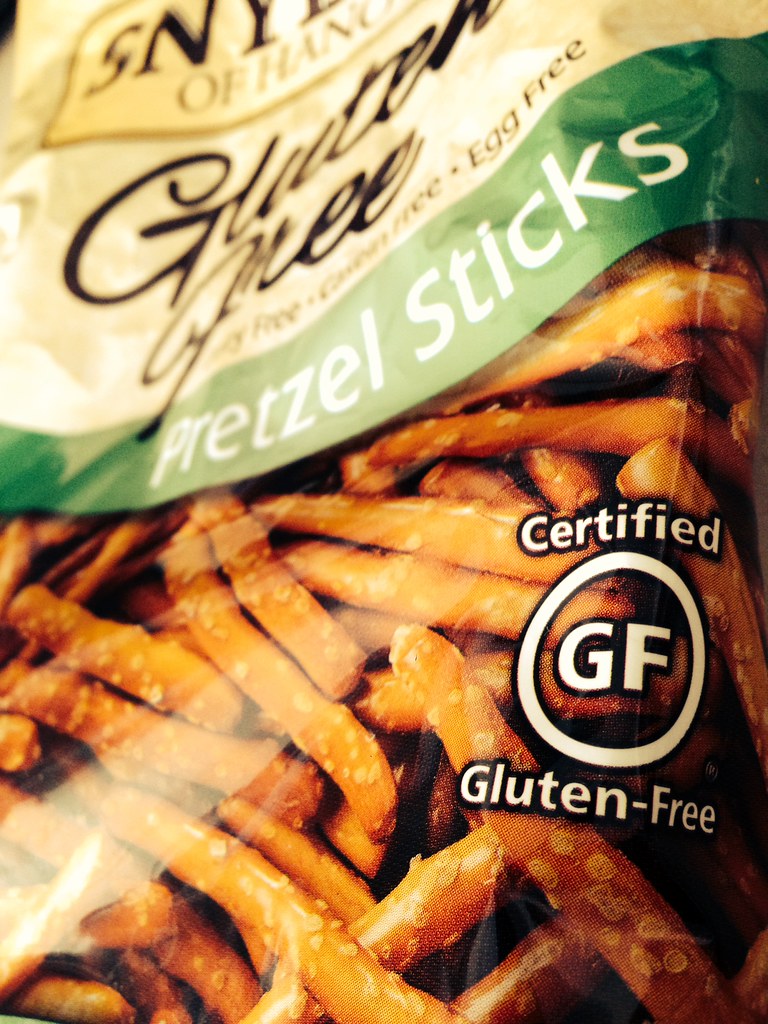Two weeks ago, my friend was diagnosed with an autoimmune disease and was surprised to learn that it’s simply an intolerance to gluten. As a result, I was interested to know: who is this gluten guy anyways? I’ve learned that gluten is a protein that both helps dough keep its form and aids in rising. It can be found in cereals, flours, starches, rye and barley.
Recently, more and more people are being diagnosed with celiac disease (an autoimmune disease) or told they have a sensitivity to gluten. But are there benefits to eating gluten-free? Against popular belief, there aren’t many advantages. According to bistro.com, a gluten-free diet can include benefits such as “improving cholesterol levels, promoting digestive health, and increasing energy levels,” but such benefits are only said to help people with an intolerance (and not the disease). I’ve mapped out the basics for you:
Benefits:
– Most foods that contain gluten are processed foods. Cutting out processed foods from your diet, alone, will reap dramatic benefits.
– On a gluten-free diet, you are forced to eat fresh produce to obtain necessary vitamins and nutrients. Plus, all meats are gluten-free, as long as they’re not breaded or fried. This, again, is another reason why cutting out gluten will force you into a cleaner diet overall.
– Without heavy starches in your diet, you literally feel lighter and are guaranteed more energy. Still, a gluten-free balanced diet must be enforced to see all benefits.
Disadvantages:
– Being gluten-free is anything but convenient. On campus, it is especially difficult to eat according to these guidelines. Most of the options in PSU’s commons are not gluten-free.
– When inquiring about ingredients anywhere, but especially on campus, it is best to speak to a manager. Even when foods appear to be gluten-free, they may still have substitutes that contain gluten products.
– Maintaining a gluten-free diet is expensive. Since it has become a fad, stores offer a full line of gluten-free products, but, sadly, such products could cost you a fortune.
For the amount of advantages, eating gluten-free is not a miracle diet. Limiting starches, maintaining a well-balanced diet, consuming fresh produce and fulfilling protein requirements is one of the best diets to follow!
Try these gluten-free foods on and off campus:
– Fresh fruit (available in every commons)
– Sushi- rice is gluten-free (or try a sushi roll encased in cucumber as opposed to rice).
– Gluten-free oats in Pollock Commons- Oats are a great source of whole grains.
– Try gluten- free bread! You’d be surprised by the pleasant taste.
– For those of age, try gluten-free beer (such as Dogfish Head’s fruity Tweason’ ale).
For those who simply choose to eat gluten-free, the benefits might not be worth it. Simply limiting starches will increase energy levels, and cutting out fried foods alone will lower cholesterol. If you have celiac disease or an intolerance to gluten, there are ways to still make your diet colorful and delicious!


